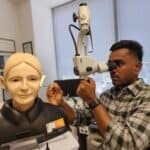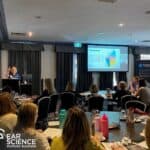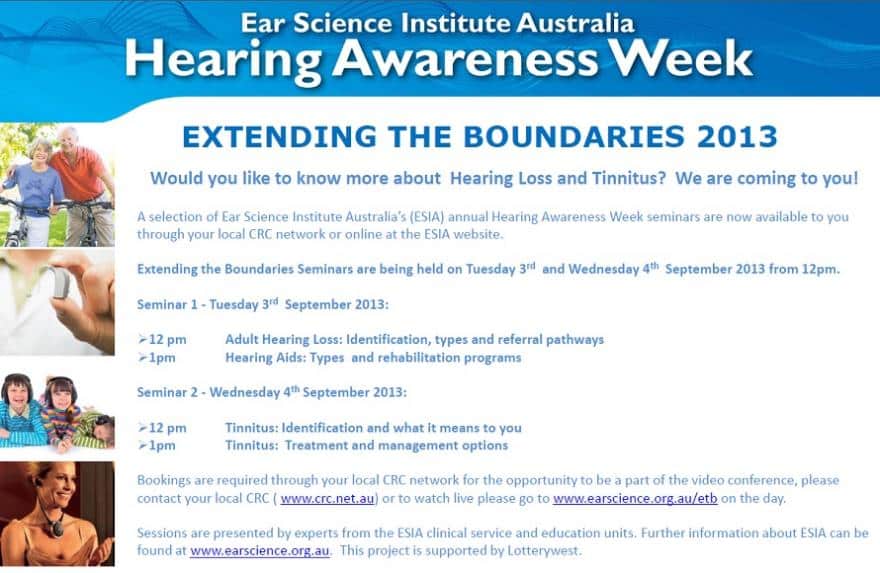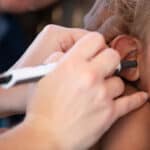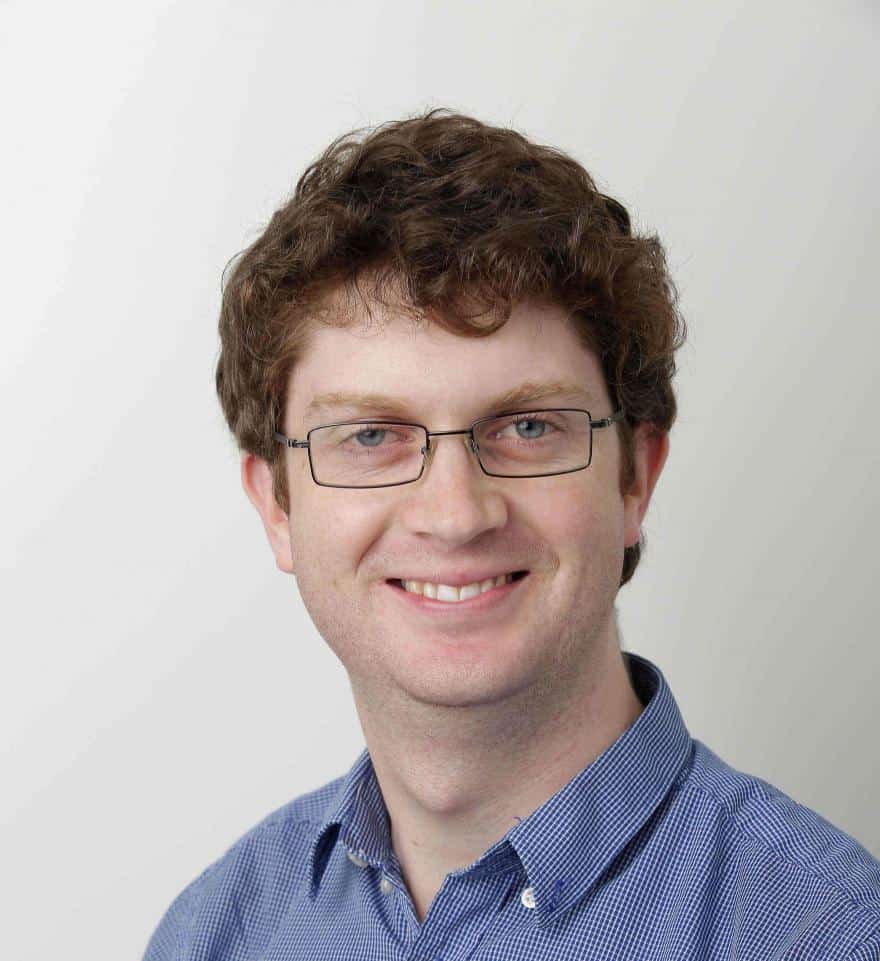Ear disease is deemed endemic within First Nations communities and is a silent factor contributing to poor educational, social and employment outcomes.
Closing the inequity gap by preventing and curing ear disease is a high priority at Ear Science Institute Australia. If you can’t hear, you can’t learn.
Support from Mineral Resources Limited (MinRes) will bolster resourcing of the Lions Healthy Hearing Outback program for the Nyiyaparli and Martu people in the East Pilbara region.
Mineral Resources Limited (MinRes) has committed $600,000 to fund the expansion of life-changing ear and hearing services into some of Western Australia’s most remote Indigenous communities.
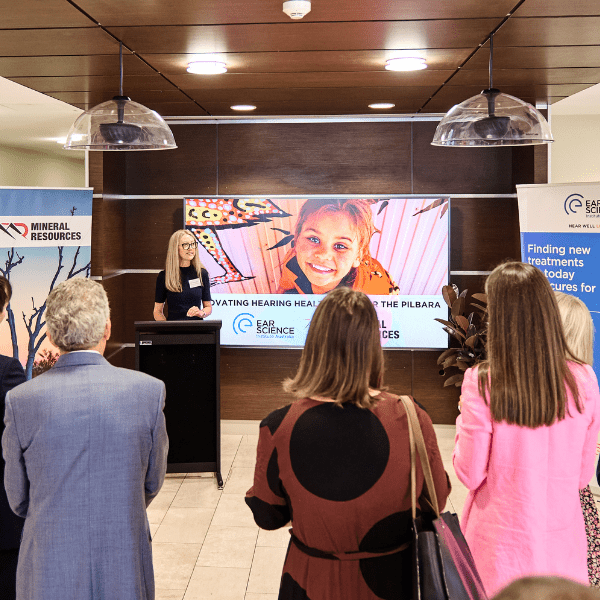
The three-year funding commitment from MinRes will bolster the Lions Healthy Hearing Outback program run by Ear Science Institute Australia, Rural Health West and the Puntukurnu Aboriginal Medical Service (PAMS). Since 2014, the program has co-ordinated clinical teams, comprised of audiologists and ear, nose and throat consultants, to assess and treat ear disease and hearing loss in the East Pilbara.
Thanks to the support of MinRes, a leading diversified resources company that supports the communities in which it operates, this specialist ear care will be more accessible and provided closer to home to communities in Newman, Jigalong, Parnngurr, Punmu and Kunawarritji.
The partnership will help deliver a new integrated service model that combines ear, nose and throat services via telehealth (TeleENT) with on-the-ground resources. TeleENT provides fast and effective diagnosis, while a dedicated Ear Health Champion will give on-the-ground logistical support to those patients that need treatment or surgery.
These innovations will provide on Country care to traditional owners in the East Pilbara region, the Nyiyaparli and Martu people, with the aim of improving surgical attendance to levels where real and lasting impact can be achieved.
Ear disease and associated hearing loss are often described as the silent factor contributing to poor educational, social and employment outcomes within First Nations communities. Up to nine in 10 Aboriginal children in remote areas experience serious middle ear infections that can cause hearing loss, with ear disease (otitis media) present in 40% of Indigenous babies.
For these children, hearing loss often occurs, impacting their language development, social development and mental health. Australian Bureau of Statistics data shows First Nations children with hearing loss have significantly reduced rates of completing high school and employment. Closing the inequity gap between Indigenous and non-Indigenous children by preventing and curing ear disease is a high priority at Ear Science Institute Australia, a world-leading WA-based medical research institute.
Outreach visits by the Lions Healthy Hearing Outback team frequently detect ear disease and hearing loss, but logistical transport and communication barriers can constrain treatment. The distances are vast and time away from Country is also often detrimental to the well-being of patients.
Australian cricket great Justin Langer, who was appointed to the MinRes board in December, has been an Ear Science ambassador since 2021 after he experienced his own hearing and ear-related issues.
PAMS Chief Executive Officer Robby Chiabawe said: “We have a real and immediate need for comprehensive end-to-end services within the region to support the hearing health and long-term well-being of members of our community, particularly our children.
“We have come so far as a team, but we need to do everything within our power to improve surgical attendance and increase awareness of the importance of hearing health within our most remote communities. We shouldn’t have to wait until it’s too late for our children to hear and to learn.”
MinRes Managing Director Chris Ellison said: “MinRes is proud to partner with Ear Science to help expand this life-changing ear health service into some of Western Australia’s most remote communities.
“Far too many Aboriginal children experience ear disease and hearing loss, and Ear Science Institute are at the forefront of reducing that devasting burden.”
Ear Science Institute Australia Chief Executive Officer Sandra Bellekom said: “The services we provide on the ground are vital, and in combination with tailored hearing therapeutic treatments, we are working towards profound future change.
“With the support of partners such as MinRes, we want to change the trajectory of the lives of Indigenous children, empower them to graduate from high school, develop a career and grow to become the leaders of tomorrow.”
Added to the support provided by the Lions Healthy Hearing Outback program, a team of research scientists at Ear Science, with thanks to Telethon funding, are working on an innovative solution to treat perforated ear drums using their internationally recognised ClearDrum® medical device for tympanic membrane repair. A game changer for the treatment of ear disease globally.


